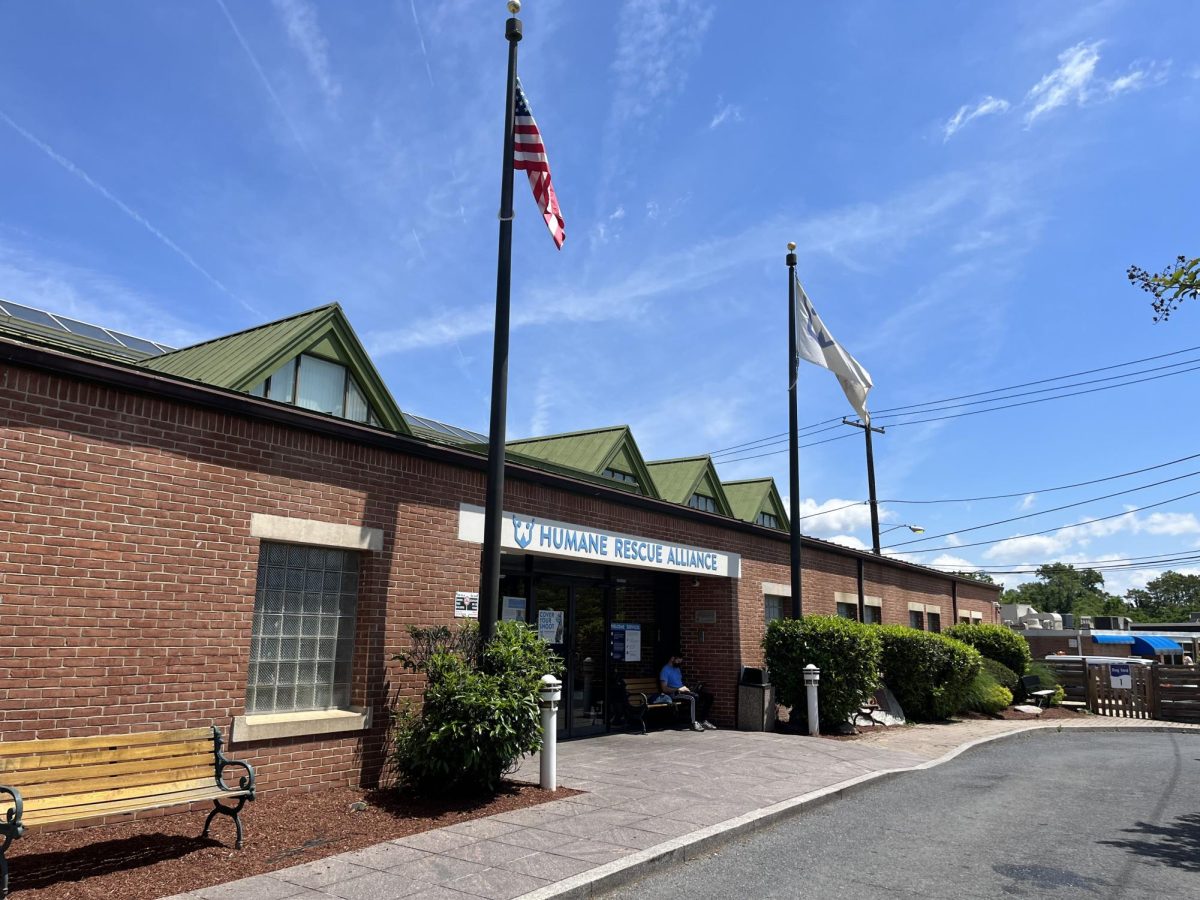
In an initiative begun earlier this month, the D.C. government has made a move to sanction unlicensed landlords in the Georgetown neighborhood.
Last week, the Department of Consumer and Regulatory Affairs sent 126 letters, the last of which were sent Jan. 22, to local landlords believed to be operating with invalid or nonexistent business licenses, DCRA Communications Director Mike Rupert said.
Landlords will have 10 business days in which they may either apply for or produce an existing valid license and have their properties inspected. Those who do not comply after the Feb. 8 deadline could be subjected to a $2,000 fine and criminal charges of illegally operating a business.
Rupert said the action is not intended to target landowners, but rather to foster the city’s responsibility to ensure safety of student rental property.
“The biggest thing that we’re trying to stress is not so much about the license, but the fact that all the homes should have an inspection,” Rupert said. “Our main goal is to inform students and to empower them to ask questions about their landlords.”
Director of Off-Campus Student Life Anne Koester said the university welcomes the city’s actions to promote well-maintained rental properties. She said the measures will help to make students aware of their rights as D.C. tenants – a perennial goal of the Office of Off-Campus Student Life.
“Georgetown actively discourages students from renting properties from landlords who do not have a Basic Business License,” Koester said, adding that the university’s off-campus housing Web site lists only licensed landlords.
Koester echoed Rupert’s suggestion that off-campus students request a property inspection of rentals.
Students such as Brendan Roach (SFS ’10) are taking advantage of the DCRA’s offer for a free property inspection.
Roach said that when he moved in to his six-person house in Burleith at the beginning of the academic year, the building required a few repairs.
“We figured if we had DCRA in to document it, we’d have the sort of voice of authority on our side,” he said.
The repairs were quickly made after the inspection, Roach said, but the house continued to receive bank foreclosure and bankruptcy notices regarding the property in the mail.
Since then, Roach said he and his roommates have been notified that their landlord has passed away, but he has not seen official documentation, such as a death certificate, to confirm the claim.
“The situation has not been clarified for us,” he said. “We’re in a sort of limbo right now.”
Unlike Roach, Christopher O’Brien (MSB ’10) did not take advantage of a DCRA property inspection, but he said his landlord is responsive to maintenance requests.
“She has been great and has had people over right away [for repairs],” he said.
His only complaint about his landlord came in the fall, when O’Brien and his roommates were not notified that a maintenance worker was expected to come to the house.
“We actually thought someone was breaking into our house using the excuse that they were repairing something,” he said.
Edward Emes, owner of Emes Investments and a Georgetown-area proprietor for almost 50 years, praised the city’s efforts to enforce building inspection and licensing codes among fellow landlords.
“There has to be some way to keep track of [landlords] – whether they comply with D.C. code and are kept up with standards,” he said. “To not do that would be letting them run wild.”
Emes said applying for a business license – which a proprietor must renew every two years for $200 – is well worth a landlord’s time since some D.C. insurance companies might choose not to cover an unlicensed landlord.
“If you want to be in business, you’re cutting your throat if you’re not licensed,” he said.
Rupert said the series of inspections should not be cause for alarm among students since the majority of area rentals abide by the housing codes. But even for students living in unlicensed buildings, the DCRA action likely will not force them from their homes.
“D.C. has some of the strongest tenant laws that protect you from being kicked out [if] your landlord [is] having an issue,” Rupert said.
Rupert added that the DCRA has condemned 14 properties in the past two years. He said many building code violations – such as lack of a smoke detector or improper water heater installation – can be fixed easily while students still are inhabiting the building.
The DCRA first announced its landlord “crackdown” plan in a blog post on its student advocacy Web site for off-campus housing, www.ThisShouldBeIllegal.com, on Jan. 15.
According to the blog post, the DCRA encourages landlords to voluntarily apply for licensing before “enforcement action” is taken.
Rupert would not comment on how many landlords have applied for licenses since receiving letters from the DCRA.
“[A]s the deadline comes closer, we’ll have a better idea, and we’ll obviously share the results of what’s going on,” he said.”







